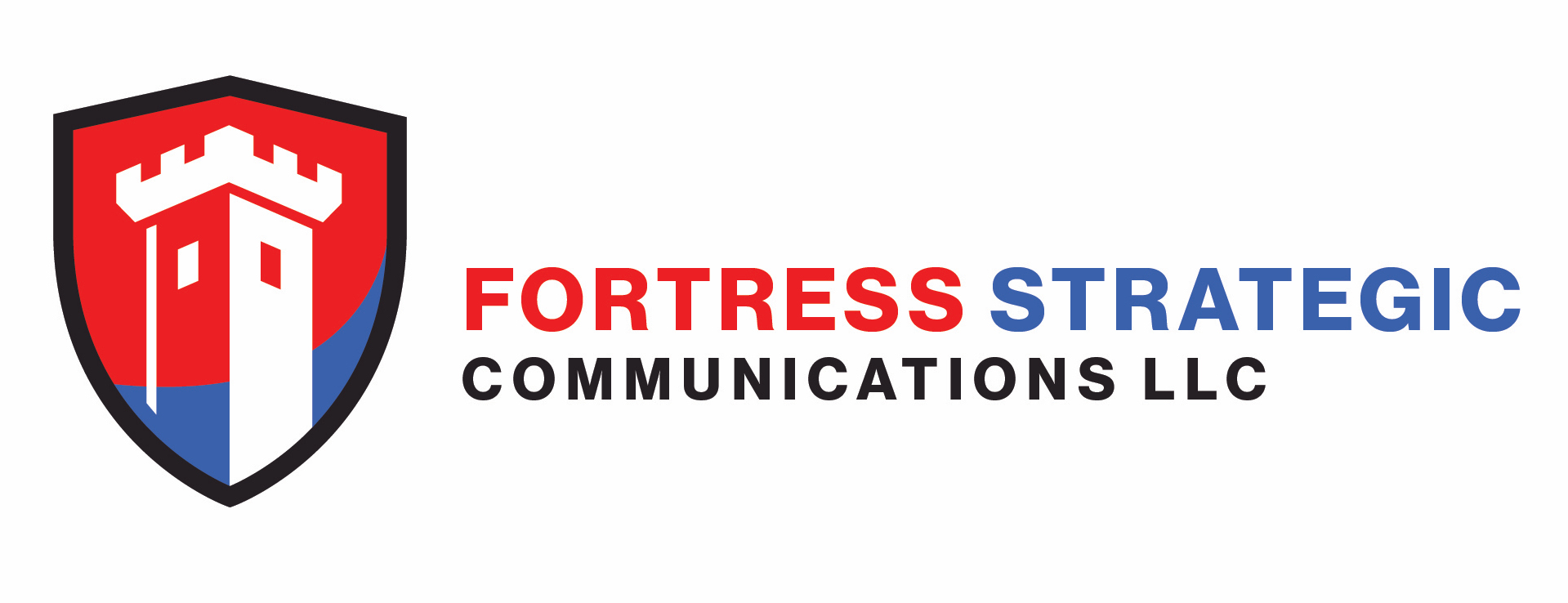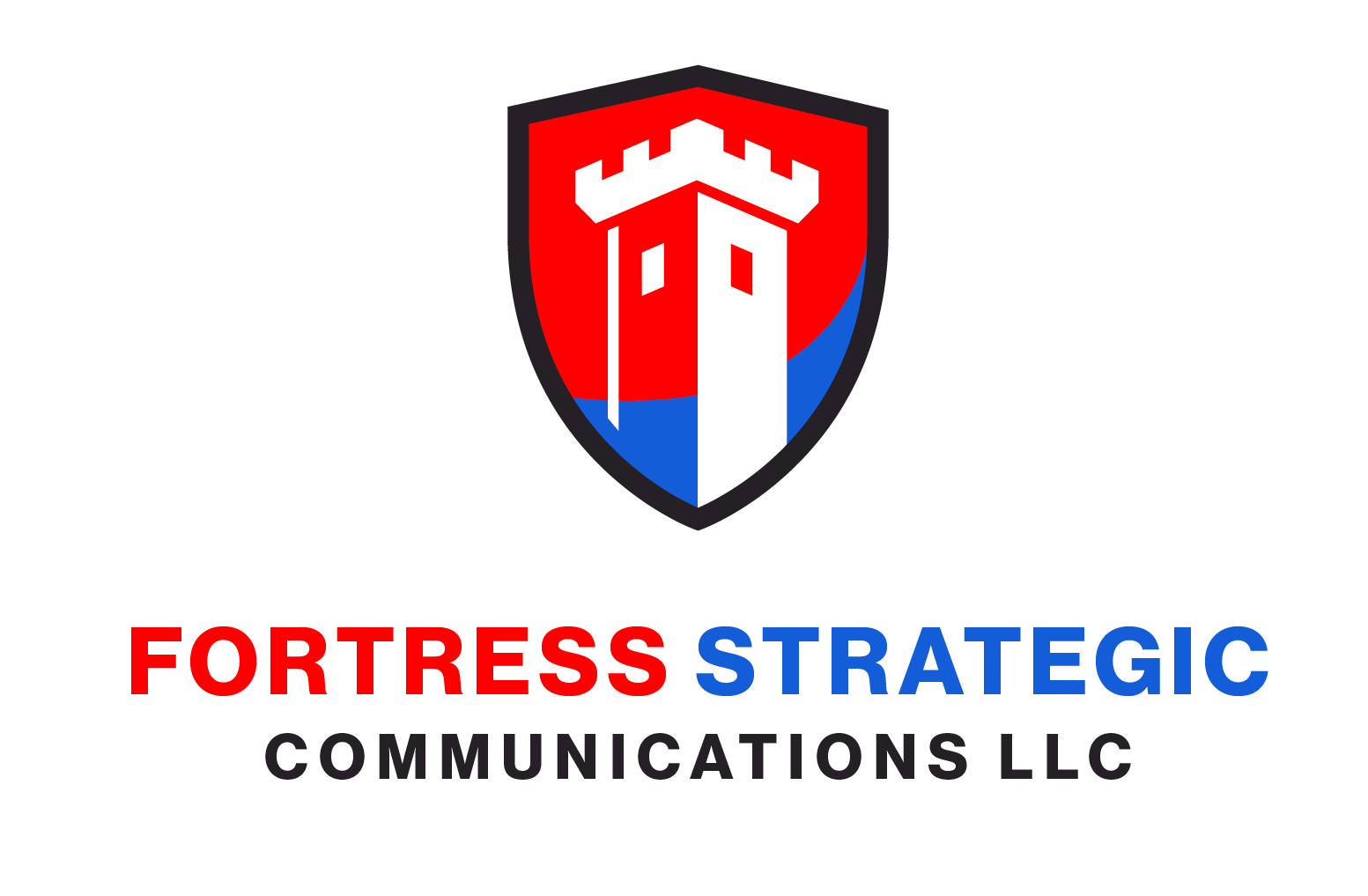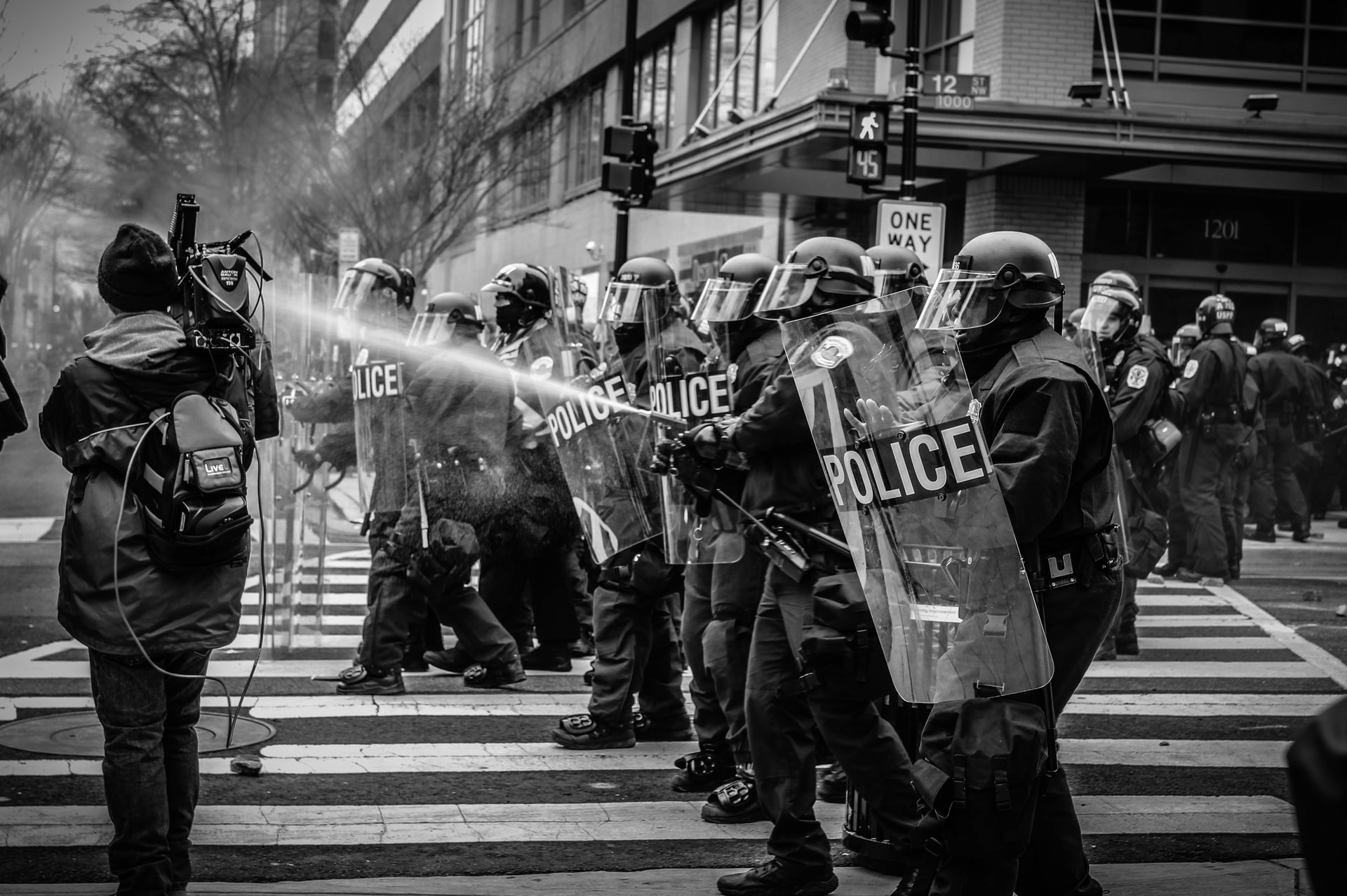Three Lessons in Crisis Management From Clever Three Year Olds
Young children are masters of public relations. Almost every day, they effectively manage a PR crisis that, more often than not, they got themselves into. They innately know how to maintain a good reputation, diffuse a tense situation, and respond creatively.
Consider the following three scenarios showing how a three year old manages a crisis:
- Be on your best behavior
Scenario: A three-year-old boy is kind, fun, well behaved, and a pleasure to be around. He delights his family and is always in good spirits.
Crisis lesson: Your company will fare better in a crisis if you have a sterling reputation to start with. A great reputation begins with an ethical C-suite of executives that operates with utmost respect for the law, embraces the mission, vision, and regulations of the company, and leads by example. A focused leadership team builds a solid foundation your company can rely on when the going gets tough.
Highly respected companies are exemplary corporate citizens. They treat employees fairly and show them that they are valued. They give back to their local communities, minimize their environmental footprint, contribute to worthy causes, and seek opportunities to help their wider world.
Strong public relations support can further establish your reputation by ensuring you maintain excellent internal and external communication, keep your employees up to date, inform your clients about the latest news, and cultivate solid relationships with key journalists and publications.
A young child knows he can depend on his good reputation and his established connections when a crisis unfolds. Similarly, investing in PR support can ensure that you can draw on the goodwill of your stakeholders during a crisis—and that could literally save your company. When your constituents understand how and why your company operates, what products and services you provide, and what your goals are, when they truly trust your company, then they will carefully attend to your messaging and have faith in your good intentions during troubled times.
- Get in front of the message
Scenario: A three-year boy climbs up on the counter and knocks the chocolate chip cookies off of the top shelf. He and his two-year old sister eat the entire bag. Then he runs to tell his parents.
Crisis lesson: Breaking bad news first positions your company as open, trustworthy and accountable. Breaking bad news before the media receive a tip-off from anyone other than your company spokesperson, before the rumor mill even has a chance to start, can significantly help your company navigate a crisis.
Being up front keeps you in control of media messaging and helps position your company as a credible source of information. It also ensures that when you issue updates on the crisis, your targeted audience is more likely to pay attention than if you were responding late in the game.
The little boy could have said nothing, feigned innocence, and/or shifted the blame to his little sister. This reactive, as opposed to proactive, communications strategy might work in certain scenarios, but it is quite risky. If the crisis becomes public without the company being involved in breaking the news first, chances are the rumor mill, with its tendency toward rapid and often unfounded speculation, along with the viral nature of social media, could make it harder for open and straightforward crisis communication to reach relevant audiences. It would also be exceedingly difficult for the company to maintain credibility after the crisis has unfolded. Kids innately know the consequences will be lighter if you own up to your mistakes as quickly as possible.
- Have a flexible plan of action
Scenario: A three-year-old girl is caught climbing trees in her new dress. She flashes her winning smile, but is only met with a stern look. She then chooses to cry instead to evoke compassion and leniency.
Crisis lesson: If you have experienced a PR crisis, you know that all crises are unpredictable and can increase or decrease in intensity at any moment. Sometimes a secondary crisis can spring from the primary crisis that is just as damaging, or even more so. This very unpredictability means that even though the members of your crisis management team are responsible and have a pre-existing crisis plan, they need to be prepared to anticipate the unexpected and be nimble enough to change strategies, messaging, and tactics on the fly.
Young children teach us to keep our eyes and ears open–and if one approach doesn’t work, another one might. You have to not only read the current landscape and anticipate the future, but also monitor parallel events that could end up influencing the situation. However, while it is important to change strategies and tactics when called for, it is equally important to realize that changing one’s plan or situational response too frequently can result in stakeholders perceiving the crisis management approach to be disingenuous.
We can learn a lot from three-year-olds about crisis management. Establishing a sterling reputation before a PR crisis occurs, breaking bad news first, and staying flexible enough to change strategies midstream during a crisis can build your company’s ability to respond effectively, remain resilient, and emerge with most or all of your good reputation intact once the crisis has finally passed.
—ENDS—
Based in Syracuse, N.Y., Fortress Strategic Communications provides specialized strategic public relations and crisis communications consulting to companies that offer products, services, and solutions designed to manage and mitigate all types of risk. The company is able to draw on a combined 20 years of global experience from its executives in a wide array of vertical markets. For more information please visit: www.fortresscomms.com




